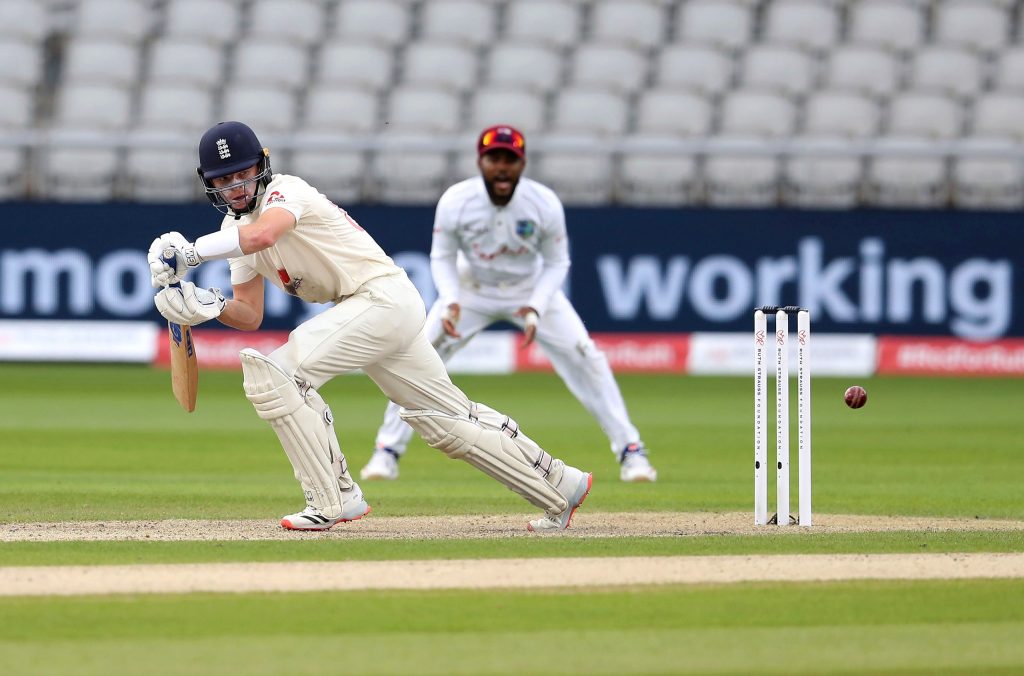Twenty20 was invented in 2003. It was Twenty20’s immediate commercial success as many subsequent international and international resonance competitions emerged. Some of them are the Indian Premier League (IPL), the Australian Big Bash, the Bangladesh Premier League, the Caribbean Premier League and the Pakistan Super League currently exist. Meanwhile, the British fell victim to their own innovation. Their version, the T20 Blast, remains stuck in the traditional structures of district cricket and thus lacks global appeal.
Each team will have a team of 15 players, selected according to the draft. Teams will choose 13 players divided into six payrolls and get two extra wildcard turns, which include up to three overseas players to increase the charm of the tournament. A play-off style system of 36 games scheduled for 38 days will offer four home games per franchise with eight matches shown live on television for free.
The result should be consistent with those achieved by similar global Twenty20 contests. For example, an annual IPL season in India, generating income more than 50 times the total of the Cricket World Cup, takes place every four years.

Such innovations have always had a broader social impact. It is not clear how the planned addition of the franchise competition will affect the current T20 Blast and county one-day contests, which will continue. The international test matches will also be scheduled along with the new competition, so what will attract the best players in England: book check or country?
In addition to logistics, there is a more fundamental question. Twenty20 has become a symbol of reconciliation and game commercialization. However, while Twenty20 incorporates the game’s fundamentals – it’s still been debated among 11 men or women on the 22-yard strip of grass in regards to bats and balls – there’s still plenty of room for innovation. with format. For example, why insist on teams with five archers or limit them to bowling 24 balls per ball?
English traditions are modeled on a longer form of competition and cricket is what makes the game stand out from other sports on the global market. Consequently, the commercial and media opportunities created by Twenty20 also present them with a wide range of threats.

